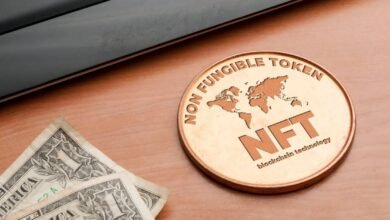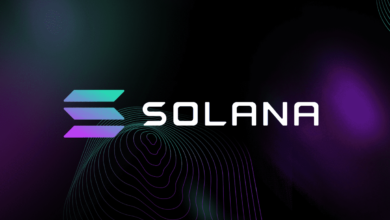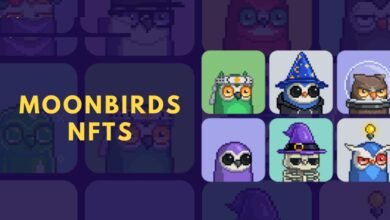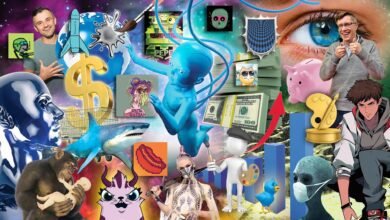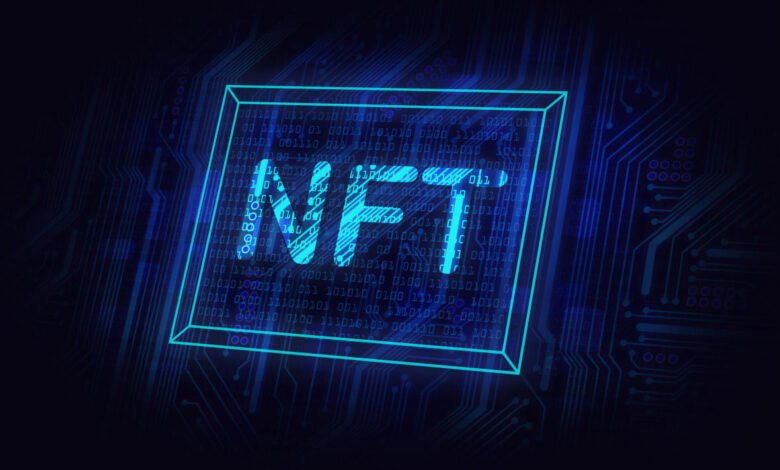
As some big franchises—including the venerable Pokémon series—are starting to investigate the possibilities of Non-Fungible Tokens (NFTs) and blockchain technologies, the gaming sector is seeing a radical upheaval. This action is changing how intellectual property (IP), on-chain games, and digital artifacts are valued and used in 2025. Big firms’ growing participation in the NFT market points to a bright future for distributed gaming and digital assets; it is obvious that Web3 technologies will be absolutely important in the next phase of gaming.
Pokémon’s Web3 and NFTs
Notable changes include the Pokémon Company’s interest in Web3 technologies, including blockchain-based ecosystems and NFTs. Pokémon wanted a corporate development principal with blockchain, NFT, and metaverse experience to prepare for Web3 technology in the Pokémon universe. This integration illustrates the company’s acknowledgment of the new gaming and digital collecting trend, while the details are unknown.
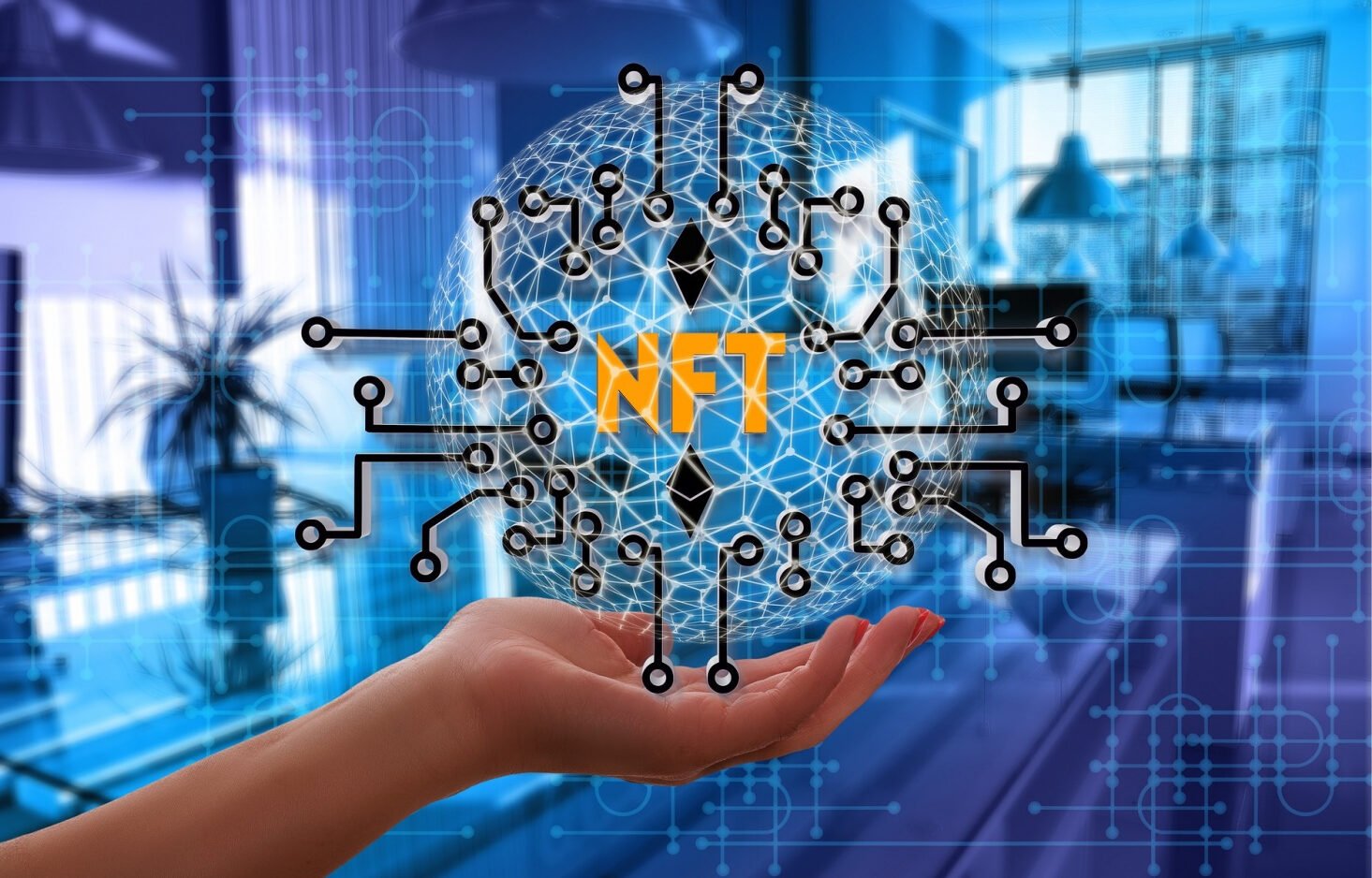
Pokémon has an extensive global following due to its card games, video games, and goods. Including NFTs in this universe might provide players with new ways to interact with their favorite characters and objects, offering new opportunities for the company and its fans.
Ubisoft Adopts Blockchain
Leading producer Ubisoft, well-known for its hit games such as Far Cry and Assassin’s Creed, has also adopted blockchain technology. Ubisoft entered the NFT market firmly with the publication of Champions Tactics: Grimoria Chronicles, a tactical PvP RPG. The game lets users buy in-game figurines as NFTs, therefore allowing ownership and trading. Given some of these figures, which may run up to $64,000, the increasing value of in-game goods and collectibles in the blockchain ecosystem is highlighted.
The game is free to download, but users need Ubisoft accounts and Bitcoin wallets to use the NFT-driven features. NFTs will likely shape gaming because consumers can own, trade, and profit from their in-game purchases.
Square Enix Blockchain Revolution
Square Enix, known for Dragon Quest, Final Fantasy, and Kingdom Hearts, is interested in blockchain technology. Symbiogenesis, released in 2023, included 10,000 NFTs with in-game use and collection value. This is crucial for Square Enix as it integrates Web3 technologies into its games and builds a blockchain ecosystem around its intellectual rights.
The Square Enix president has advocated for blockchain and decentralization in future games. This dedication reflects a long-term strategy to combine distributed networks with traditional gaming experiences to increase player ownership and in-game currency.
EA’s NFT Future
One of the most well-known names in gaming, Electronic Arts (EA), has also shown interest in NFTs and the play-to-earn (P2E) model, which has lately become somewhat popular. Reflecting the increasing impact of Web2 technologies in the gaming sector, EA’s CEO, Andrew Wilson, has called NFTs and P2E models the “future of our industry.” EA’s possible participation in NFTs points to the business looking for fresh approaches to give gamers actual value via games.
Designed around P2E models, games let players collect NFTs or cryptocurrencies via their in-game activity. This strategy honors gamers for their time andability; therefore, maybe it offersg them chances to profit from their gaming adventures. More of EA’s titles will probably incorporate similar ideas as it looks ahead, opening the path for a gaming ecosystem that is more player-centric and economically viable.
Interoperability in NFTs
One of the key features of NFTs and blockchain-based gaming is the idea of interoperability. Interoperable NFTs are those that can be used across multiple games and platforms, creating a much more fluid and interconnected digital economy. This is particularly appealing to developers and players alike, as it offers new ways to enhance the utility and value of in-game assets.
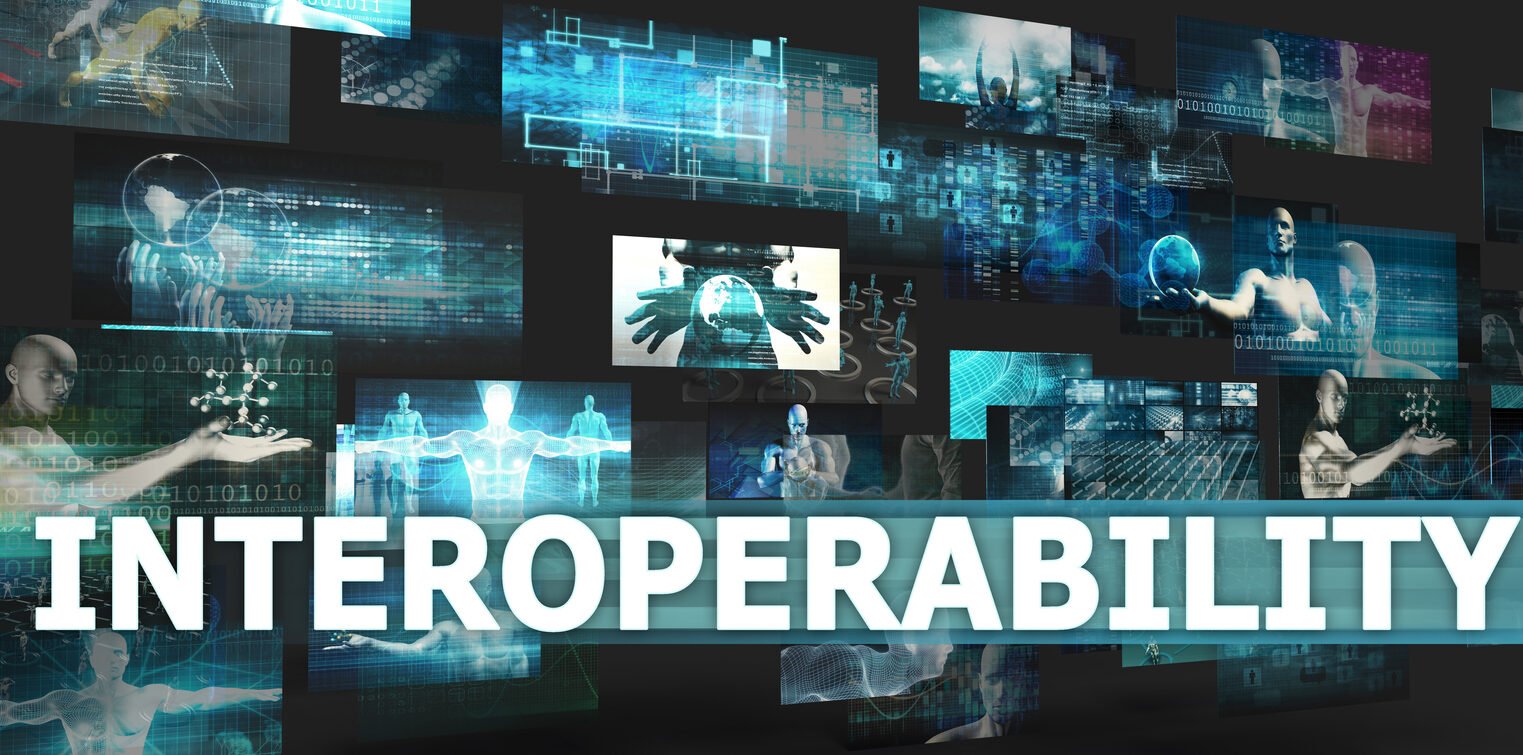
Enjin is leading this trend by developing tools for NFT development that can be smoothly integrated into games. Players can now trade virtual items in one game and use them in another. More games adopting this interoperable strategy should boost digital collectibles’ value.
Blockchain Gaming Revolution
Gaming is becoming more decentralized and player-owned thanks to Blockchain Technology. Pokémon, Ubisoft, Square Enix, and EA are investigating NFTs, which can change game ownership, monetization, and gameplay. Besides buying in-game objects, players will own, trade, and profit from them in ways never before possible.
Still another fascinating aspect of Web3 gaming is the emergence of community-driven development. Including players in the design and development of games helps creators to make sure their products appeal to their target market and to encourage stronger involvement and loyalty.


